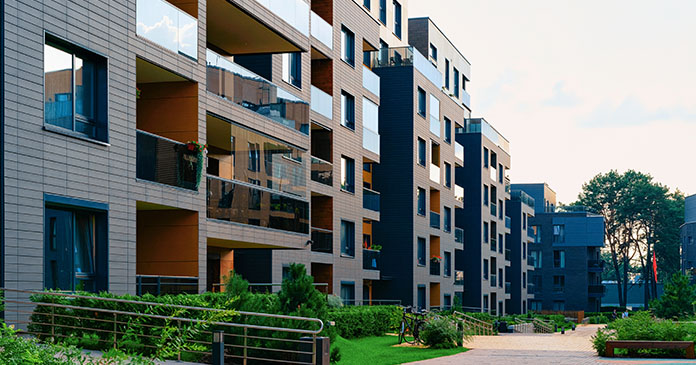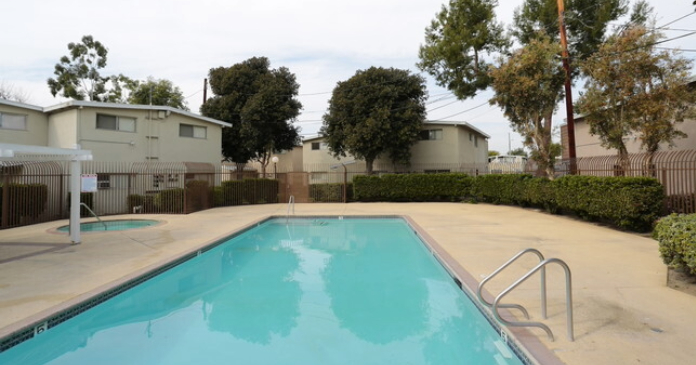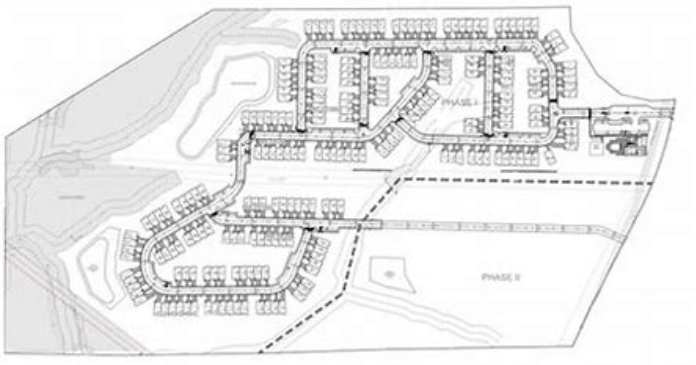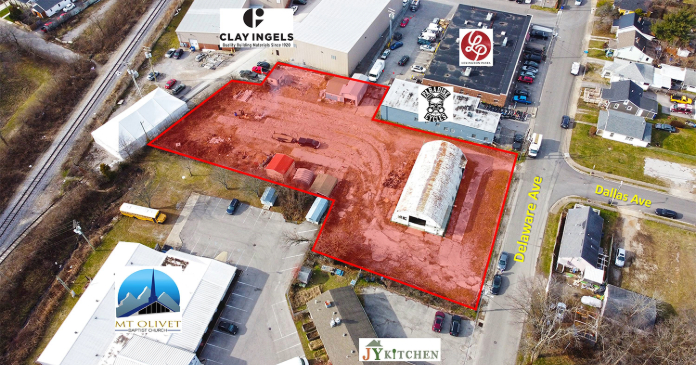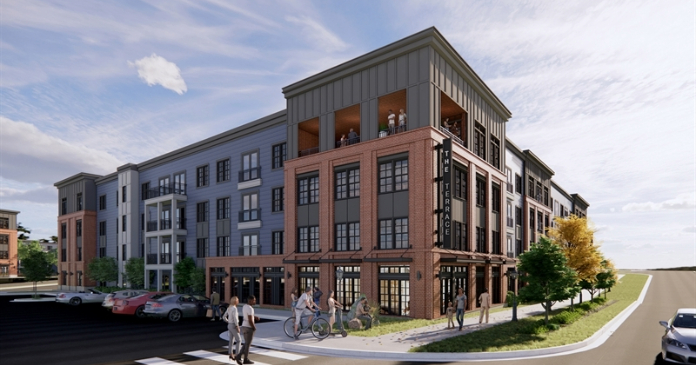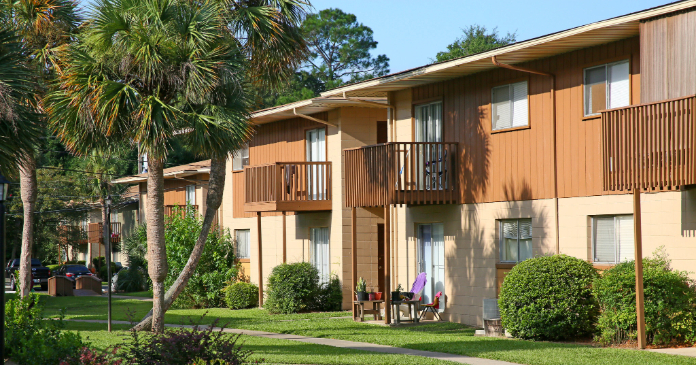Apartment sales volume fell while both equity and debt financing became more costly, according to the National Multifamily Housing Council’s Quarterly Survey of Apartment Market Conditions for July 2022. However, demand in most markets was still strong relative to supply.
“Continued interest rate hikes from the Fed have translated into higher longer-term rates and a higher cost of both debt and equity,” noted NMHC’s Chief Economist, Mark Obrinsky. “While these higher rates have cut into investor proceeds, many sellers are reluctant to lower prices, causing a sharp drop in sales volume.”
“The apartment market recorded its sixth consecutive quarter of tightening conditions, if just barely. Fifty-six percent of respondents reported unchanged conditions, while those reporting tighter conditions slightly outpaced those reporting looser market conditions.”
More context
The stock market has fallen precipitously since the beginning of the year amidst rising interest rates, geopolitical uncertainty and the risk of recession.
- Fifty-four percent of respondents believed that these challenges have decreased investment in the multifamily market. Only 10 percent of respondents held the opposite view—that investment has actually increased because multifamily is seen as an attractive asset relative to other alternatives in the current market.
- Thirty-five percent of respondents thought that the amount of investment in multifamily has remained about the same during recent months.
Survey findings
- Market Tightness Index came in at 51, just above the breakeven level of 50. This indicates that market conditions have become tighter, albeit with considerable variation by market. Twenty-three percent of respondents reported markets to be tighter than three months ago compared to 21 percent of respondents who observed looser conditions in the markets they watch. Meanwhile, over half of respondents (56 percent) thought that apartment market conditions were unchanged from last quarter.
- Sales Volume Index came in at 10—well below the breakeven level of 50—indicating lower sales volume than the three months prior. A vast majority of respondents (83 percent) reported lower sales volume, 13 percent reported unchanged volume, while just 3 percent of respondents thought that sales volume was higher than three months ago.
- Equity Financing Index came in at 18—below the breakeven level of 50—indicating that equity financing has become less available. Two-thirds (67 percent) reported equity financing to be less available than the three months prior, while just 3 percent of respondents indicated equity financing was more available. Nearly a quarter of respondents (23 percent), meanwhile, believed equity financing conditions were unchanged.
- Debt Financing Index came in at just 3 (well below the breakeven level of 50). Nearly all respondents (95 percent) indicated that now is a worse time to borrow than three months ago. Three percent of respondents reported unchanged conditions for debt financing, while only 1 percent of respondents felt that conditions have improved. This marks the second consecutive quarter where a vast majority of respondents reported deteriorating borrowing conditions.
About the survey
The July 2022 Quarterly Survey of Apartment Market Conditions was conducted July 11-18, 2022; 120 CEOs and other senior executives of apartment-related firms nationwide responded.


